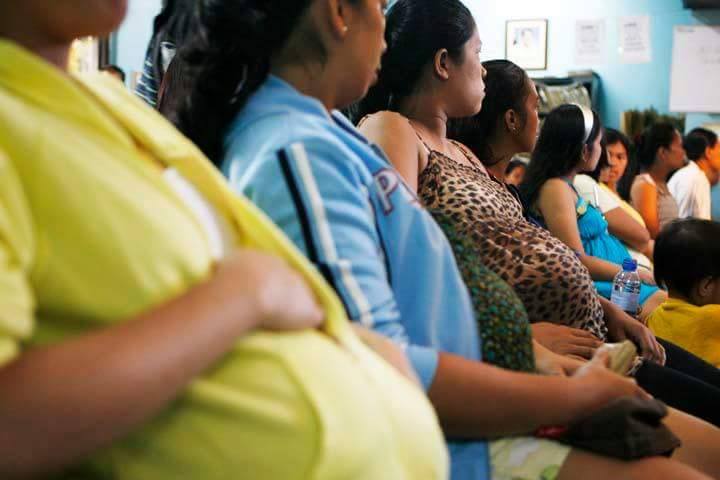The Commission on Population and Development (POPCOM) announced last February 14 that more girls from the ages of 10 to 14 are getting pregnant with the incidence of teenage pregnancy steadily rising over the past decade.
Comparing data from 2011 and 2018, POPCOM shows that there is a 63% increase in the number of delivered births by girls between 10 to 14 years old. 2,250 babies were born to said age group in 2018 alone.
However, the rate of teenage pregnancy among girls aged 15-19 decreased. From 182,906 births in 2017, the number went down to 181,717 in 2018.

Credit: unfpa.org
(Is It Time For The Philippines To Get Better Sex Education?)
POPCOM places individual and institutional factors as the determinant behind the differing trends. Individual factors include the early onset of menstruation, lack of education, and exposure to risky behaviors. Institutional factors are information dissemination and provision of access to family planning services for the younger population.
The Department of Health explains that their approach to reproductive health divides the adolescent bracket into three groups: (1) not sexually active, (2) sexually active, (3) pregnant or already a parent.
“Doon sa first group is to delay the sexual activity… for those who are sexually active—protect them from unplanned pregnancy coupled with prevention of sexually transmitted infections, HIV… and lastly for those who are pregnant or with children is to prevent rapid repeat pregnancy,” DOH program manager Dulce Elfa explained.
Romeo Dongeto, executive director of the Philippine Legislators’ Committee on Population and Development Foundation, Inc., underscored violence and non-consensual relations as an important factor of teenage pregnancies.
“Sexual violence against children is very much connected to adolescent reproductive health and teenage pregnancy in the country. Ang taas po ng sexual violence sa Pilipinas,” Dongeto said.
However, POPCOM is unable to present the number of teenage pregnancies that were connected to violence due to the unavailability of government data.
Kabataan Partylist Representative Sarah Elago emphasized that these numbers point to the necessity of the full implementation of the Reproductive Health Law in the Philippines. Social protection is also imperative in preventing intergenerational poverty.
What do you think about this?
Do you have a story for the WhenInManila.com Team? Email us at story.wheninmanila@gmail.com or send us a direct message at WhenInManila.com Facebook Page. Interact with the team and join the WhenInManila.com Community at WIM Squad!






